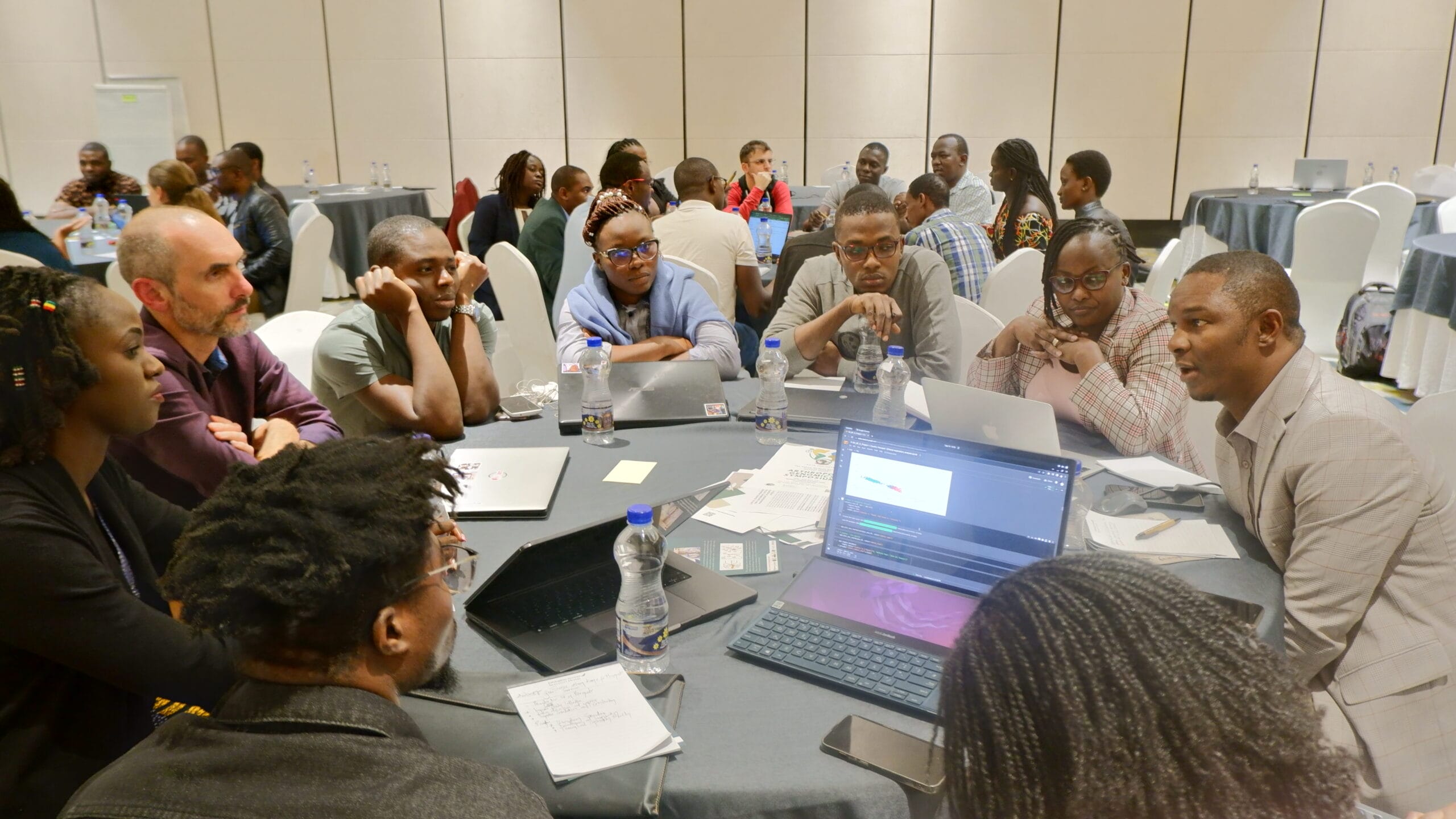Technological advances have made it possible to track the evolution of malaria in near real-time, but integrating genomic information into public health decision-making can be a challenge.
The Genetic Reconnaissance in the Greater Mekong Subregion (GenRe-Mekong) project has been at the forefront of successfully integrating malaria genomic surveillance into National Malaria Control programmes. This document, developed jointly with partners in the GenRe-Mekong project, captures the best practices for incorporating genomic data into decision-making.
Download the Genetic Epidemiology Use Cases guide
Here’s how Olivo Miotto, the GenRe-Mekong Principal Investigator, describes the guide:

This work is largely a result of the experience of the GenRe-Mekong project, which has conducted genetic surveillance of malaria in several countries of the Greater Mekong Subregion (GMS) since 2015. It is also the product of consultations with NMCPs, researchers and NGOs in GMS countries.
This conceptual methodology is intended help and inform researchers designing epidemiological studies and genetic surveillance; assessors of project proposals; and Control Programmes aiming to understand how technology contributes to their control and elimination activities. We hope that, by bringing together scientific analyses with public health activities, we will stimulate the growth of large-scale open repositories of cross-border epidemiological data, which will benefit future elimination efforts.”
